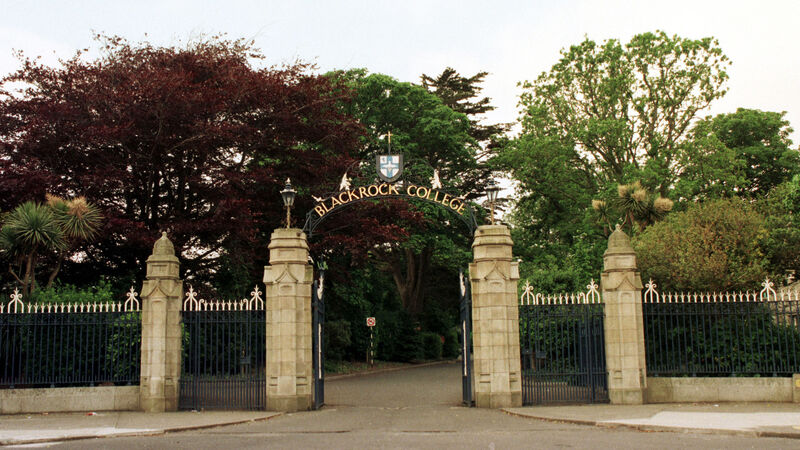Fergus Finlay: Why do we still allow religious orders to exist?

The Spiritans, also known as the Holy Ghost Order, last week confirmed that its records indicate 233 people have made allegations of abuse against 77 Irish Spiritans in ministries throughout Ireland and overseas. Picture: RollingNews.ie












